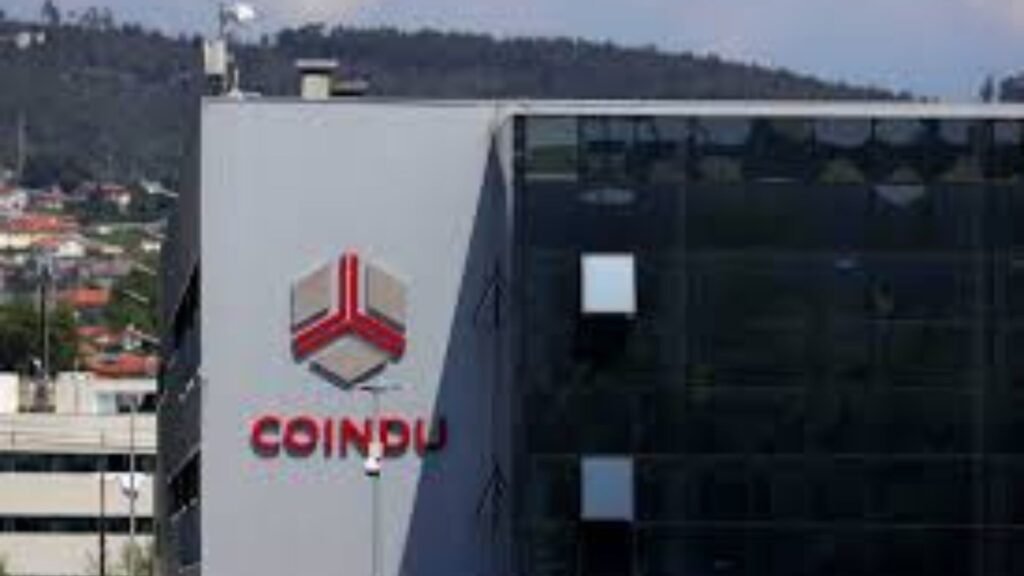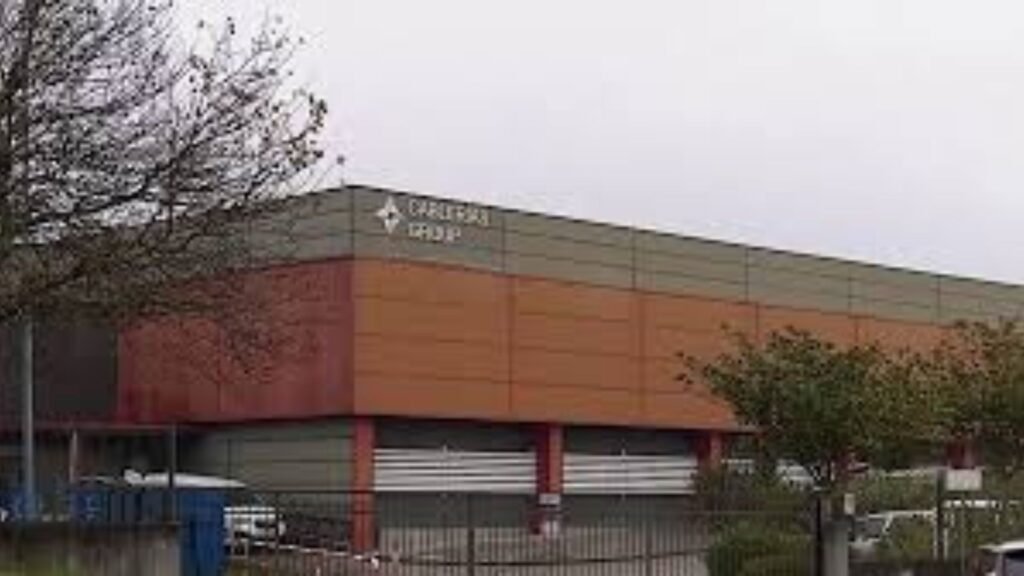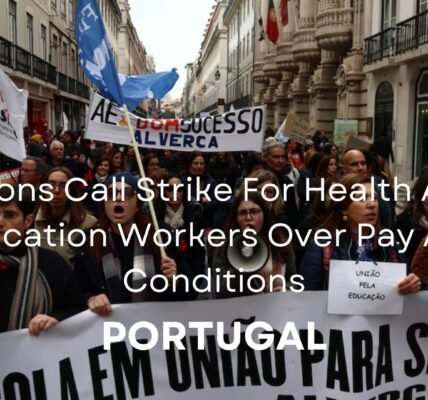The Minho region in northern Portugal has been shaken by news of 600 job losses in just one week. Two factories in the automotive sector Coindu in Arcos de Valdevez and Cablerías in Valença are shutting down or facing serious financial troubles. This has left hundreds of workers uncertain about their future and created concern about the region’s economy.
Read More About: PSP Transfers Officers Involved in Fatal Shooting Of Odair Moniz For Safety Reasons
Minho’s Automotive Industry Faces Crisis

The closures highlight the challenges facing the automotive industry in Portugal. The global car market shifts and traditional manufacturing jobs are becoming harder to sustain. This is a difficult time for workers and their families but some experts believe the crisis could also open doors for change and growth in the industry.
Closure Of Coindu Factory
The first announcement came from Coindu a company that makes car seats. Coindu said it will close its factory in Arcos de Valdevez by the end of the year. This decision will result in 350 workers losing their jobs.
Coindu has been a key employer in the town for many years. The factory provided stable jobs for local families and supported the regional economy. The closure will have a big impact not just on the workers but on local businesses as well.
The company blamed the closure on falling demand for car seats. Car manufacturers shift to electric vehicles and new technologies and traditional suppliers like Coindu are finding it harder to compete.
Cablerías Factory Shut Down

The second blow came from Cablerías a factory in Valença that makes wiring harnesses for cars. Cablerías announced that it is facing insolvency putting 250 jobs at risk.
Workers at Cablerías said they were surprised by the news. They had noticed some signs of trouble such as fewer staff and rumors about unpaid supplier bills. However, they were not expecting their jobs to be in danger.
One worker told the paper:
If we were attentive, we’d see that there were fewer of us every week, but we’ve never had wage arrears, for example. We know that we have a diversified customer portfolio that includes clients such as Caetanobus, Stellantis, Valeo and even a military tank manufacturer
Valença City Council said it only learned about the situation through the media. Officials have tried to contact the company’s management in Portugal and Spain but have not yet received a response.
Competition From Low-Cost Countries
Reports suggest that Cablerías Spanish owners may move production to Morocco. It is less expensive to construct wire harnesses there since labor expenses are lower there. This is part of a bigger trend in the car business as companies try to lower costs to stay competitive.
However, there is some hope that the factory in Valença will be repurposed instead of closing completely. Industry experts say the factory might shift to producing higher-value products like wiring harnesses for airplanes.
Workers also said the newspaper:
There is talk that the Spanish are not interested in producing wiring harnesses in Portugal, for reasons of competitiveness, particularly in comparison with Morocco, but they have admitted to re-adapting the factory for another industry or for a complementary activity also in the automotive sector, which would soften the loss of jobs
Another possibility is that it will be transformed into a facility for building automated assembly lines which are used in other countries with lower labor costs.
Paper said:
Businessmen from the sector who also asked not to be identified told Expresso, that there are hypotheses on the table such as the production of wiring harnesses with more added value, for aeronautics, or the transformation of the unit into a factory that makes assembly lines to produce wiring harnesses in another country, with more competitive costs
Some experts see this crisis as an opportunity to rethink the future of Portugal’s automotive industry.
The president of the Minho Industrial Association Ramiro Brito said:
The reinvention of the car industry business is inevitable. There are still opportunities for us to have an industry linked to the automotive sector in Portugal, in segments such as the robotised production of wiring harness production lines. In the case of Coindu, as far as we know, there are already several companies in the sector and beyond that could reduce the impact of the factory closure
He pointed out that car manufacturers in countries like Germany and France are also struggling.
Brito believes that Portugal can still play a role in the global automotive supply chain. He suggests focusing on advanced technologies like automation and robotics which will make Portuguese factories more competitive.
He added that several businesses are looking for ways to reduce the impact of the closure.
Government Action To Support Workers
Local governments and unions are stepping in to help workers affected by the closures.
The city council in Valença is trying to arrange meetings with Cablerías management to find solutions. Their efforts have not been successful so far.
Other factories have offered to hire some of Coindu’s workers in Arcos de Valdevez. One local business which makes Belgian biscuits has said it could take on 25 to 30 employees. This is helpful but it is not enough to replace the 350 jobs being lost.
The Bloco de Esquerda political party has called on the government to intervene. They have asked parliament what measures can be taken to protect the jobs at risk.
Union leaders are also pushing for action. They argue that the closures highlight weaknesses in Portugal’s industrial policies. They are calling for a long-term strategy to keep factories open and attract investment.
Workers And Families
The past week has been filled with fear and uncertainty for the workers at Coindu and Cablerías. Many families are unsure how they will pay their bills or find new jobs.
The closures will also hurt the wider community. When factories shut down it affects not only the workers but also local shops, schools, and public services.
The Minho region now faces a critical moment. The closures of Coindu and Cablerías are signs of bigger challenges in the global economy. However, they will also push the region to adapt and find new ways to grow.
Experts believe that with the right support Minho will recover and even thrive. This will require action from the government, businesses, and the community.

